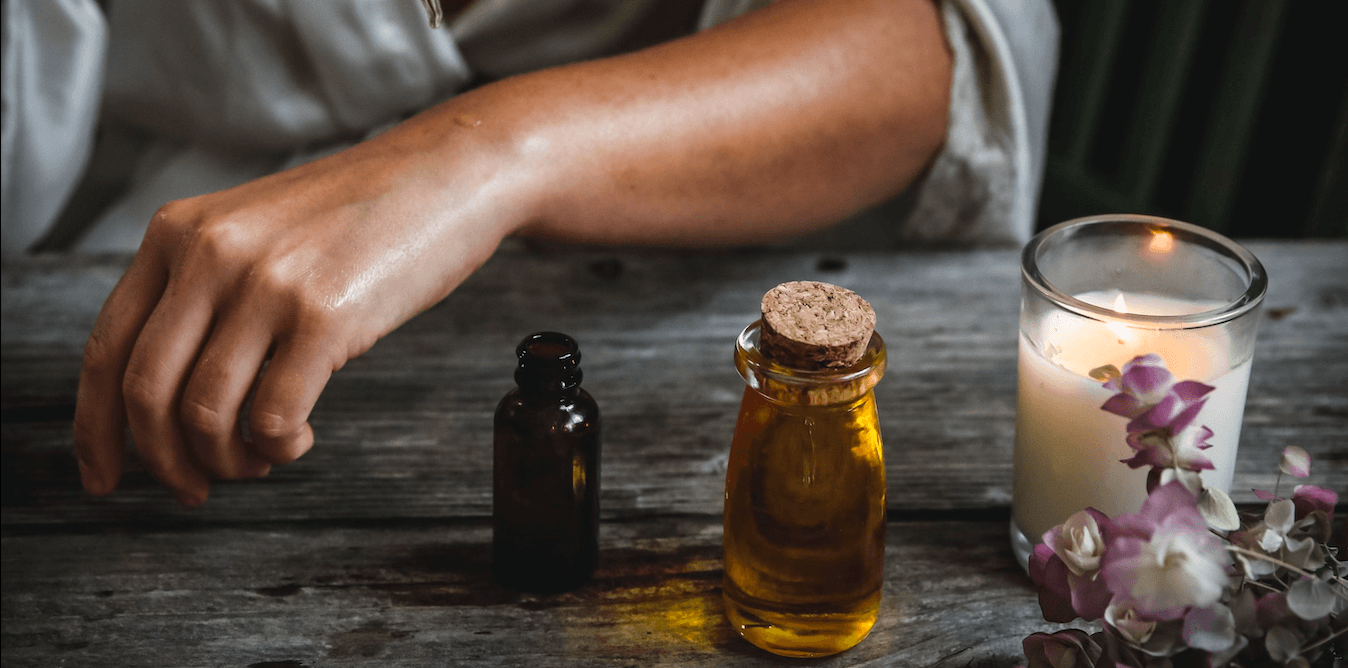CBD: Self-care or the latest health craze?
If you’ve walked around any city centre recently, you’re likely to have seen large posters emblazoned with the letters ‘CBD’ outside countless health or even corner shops. Accompanied by punchy images of marijuana leaves and a slime green font, the marketing hype is real. Does this explosion of CBD products represent a scientific breakthrough? Or is it a scam under the guise of being ‘hip’ and ‘current’? Another capitalisation on ‘self-care’ like scented candles and bubble baths, perhaps?
What is it?
CBD is one of over 100 chemical compounds found in the cannabis plant, which explains why stores such as ‘Planet Bong’ and vaping outlets were some of the first suppliers, presuming that it would appeal to their existing market. However, CBD is not psychoactive and does not produce a ‘high’ like THC, the separate chemical compound responsible for the mind-altering effects of weed.
What are the benefits?
CBD could ease pain, with studies exploring the effects it might have on arthritis and multiple sclerosis. The chemical reacts with the body’s receptors, reducing inflammation, and affects the neurotransmitters, relieving pain. Some human studies support this theory, but placebo effects have not been ruled out.
A lot of the current buzz around the oil relates to its potential treatment of depression and anxiety. This would be a huge relief for sufferers, since medicines currently being prescribed can induce severe side effects of agitation, shakiness (both of which worsen anxiety symptoms), diarrhoea, insomnia, extreme drowsiness, sexual dysfunction, nausea, headaches… to name the most common. CBD could help by acting on the brain’s receptors for serotonin, a neurotransmitter that regulates mood and social behaviour, possibly without the severe side effects.
CBD has even sparked interest in areas of cancer treatment, with a test tube study suggesting that it might have cancer-fighting qualities. Far more research is required to substantiate this claim, but there has also been reported success in giving combined doses of CBD and THC to patients recovering from chemotherapy to relieve the symptoms of vomiting and nausea.
CBD is also becoming a popular ingredient in skincare products. There have been test tube studies to suggest that it can fight inflammation and prevent sebaceous glands from creating excess sebum, the oil which can cause acne.
The most research has been done exploring its effects on neurological diseases such as epilepsy, with a large group of doctors believing that CBD is a promising option. THC has been studied for centuries in the treatment of epilepsy in children, but research on CBD has only begun recently.
What are the concerns?
Fundamentally, there is a lack of research on CBD. Most studies cited were only executed in test tubes rather than on humans. Consequently, the answers to crucial questions such as what an appropriate dosage is, how CBD might interact with other drugs or medications, what might happen as a result of long-term use, and so on, are unknown.
As a product, it may be ineffective or dangerous. Linked to the concern of dosage, self-administering the chemical through oral drops or sprays would be very hard to measure, meaning you could unknowingly take a potentially dangerous amount. On the other hand, it might produce no effect at all, besides a placebo.
It could also prove a very expensive placebo, with the most popular CBD oil at Holland and Barratt’s coming in at £59.99 for 30ml.
Poor regulation is another big concern as any CBD products priced significantly cheaper than this are likely to be unregulated and untested, particularly if not bought from a licensed cannabis retail shop. Many won’t even list the full ingredients, including what liquids might be cut with.
These drawbacks are largely time-dependent, so I remain optimistic about the rise of medical possibilities linked to CBD. Aaron Horn, the owner of ‘LND CBD’, the first dedicated CBD boutique in the UK, believes that CBD will soon replace our drinking culture, since it ‘takes the edge off’ without damaging our body. I feel that endorsing CBD now might end up like attending a party serving alcohol-free beer: you stumble about, smash it at karaoke and might have a fantastic time in imagined intoxication. However, you could end up feeling pretty sheepish the morning after; check the labels and check the facts.

Comments